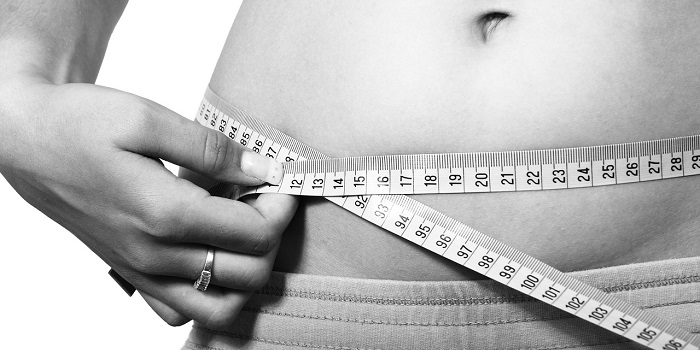
It’s been said “beauty is in the eye of the beholder,” but new research from the Department of Psychology at the University of Toronto may challenge that assumption.
“Women and men of average height need to gain or lose…about eight and nine pounds, respectively, for anyone to see it in their face,” Nicholas Rule, associate professor and Canada Research Chair in Social Perception and Cognition at the University of Toronto, said. “They need to lose about twice as much for anyone to find them more attractive.”
What we see in another person’s face can tell us a lot about their health. According to researchers Nicholas Rule and Daniel Re, facial adiposity, or the perception of weight in the face, is also an accurate predictor of body mass index.
“[The face] is a robust indicator of one’s health,” Rule said. “Increased facial adiposity is associated with a compromised immune system, poor cardiovascular function, frequent respiratory infections and mortality, so even a small decrease can improve one’s health.”
In their study, the research team sought to determine at what point “small decreases in facial adiposity” became noticeable to others. To do this, Rule and Re gathered photos featuring male and female faces between the ages of 20 and 40 years old. To minimize variables, all subjects had neutral facial expressions and no facial jewelry. Each image was then altered to simulate a varied range of weights on a gradually increasing scale.
Participants were then asked to compare the randomly selected pairs of faces from each scale and determine which appeared to be heavier. After running tests, researchers concluded approximately 1.33 kg/m2 (or 0.27 lbs/ft2) was required in order to make a noticeable change.
“We calculated the weight change thresholds in terms of BMI rather than simple kilograms or pounds, so that people of all weights and heights can apply it to themselves according to their individual stature,” Re said.
The researchers also found the average decrease required to make a face more attractive was 2.38 kg/m2 (0.49 lbs/ft2) for women and 2.59 kg/m2 (0.53 lbs/ft2) for men. For women of average height, this translates to a total weight loss of 6.3 kilograms (14 pounds). For men of average height, a total weight loss of approximately 8.2 kilograms (18 pounds) made a face appear more attractive.
These findings echo previous research which supports the idea of universal standards of beauty in regard to bodyweight. These universal standards also correlate with an overall appearance of health.
Rule also noted these findings may be encouraging for women looking to lose weight in order to improve their appearance.
"The difference between the groups suggests women's facial attractiveness may be more sensitive to changes in weight," Rule said. "This just means women attempting to lose weight need to shed slightly fewer pounds than men for people to find them more attractive."
Header image via Pixabay








